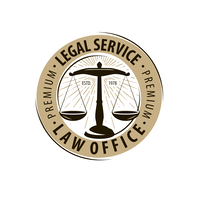Ad Pam Olsen Law, 1030 SE 17th St, Ocala, FL 34471
1030 SE 17th St, Ocala, FL 34471
Ad Jiles & Fugate Law G...
Ad Jiles & Fugate Law Group, Orlando,1800 Pembro...
1800 Pembrook Drive, Suite 300, Orlando, FL 32810
Ad Lytle & Barszcz Attorneys, Law firm, Maitland...
533 Versailles Drive Second Floor, Maitland, FL, 32751







